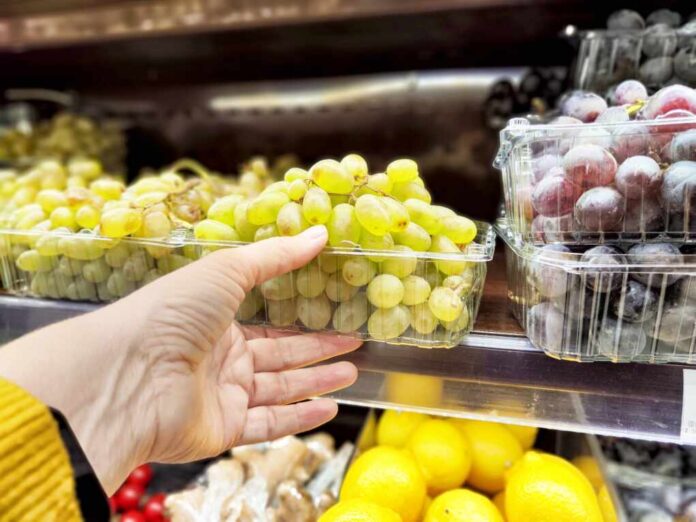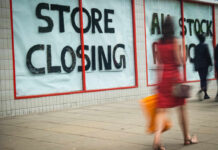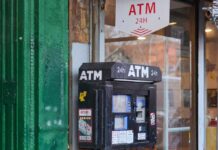
As luxury grocers thrive in New York, the so-called “affordability crisis” is mocked by crowds lining up to pay $12 for grapes.
Story Snapshot
- Meadow Lane’s Tribeca grand opening draws long lines despite sky-high prices for ordinary groceries.
- Social media hype, not necessity, fuels demand for $65 olive oil and premium produce.
- The trend exposes a widening cultural and economic gap in American cities.
- Luxury consumption is celebrated even as everyday New Yorkers deal with persistent inflation and rising costs.
Meadow Lane: Social Media Hype Meets Real-World Hardship
On November 14, 2025, Meadow Lane opened its doors in Tribeca, instantly attracting crowds willing to spend hundreds on gourmet foods. Founder Sammy Nussdorf’s viral TikTok campaign fueled anticipation, turning the launch into a spectacle that drew not just locals but influencers and social media personalities. For many, the experience was less about necessity and more about status—highlighting the growing divide between Manhattan elites and the working-class families who continue to feel the sting of inflation and cost-of-living increases.
What affordability crisis? New Yorkers line up for hours to pay $12 for grapes and $65 for olive oil at trendy new gourmet grocer Meadow Lane https://t.co/TFHmX7yZXe pic.twitter.com/3V8e3ivNhS
— New York Post Metro (@nypmetro) November 15, 2025
Shoppers at Meadow Lane were seen paying $12 for grapes and $65 for olive oil, with some spending over $250 in a single visit. The store’s opening comes on the heels of a years-long affordability crisis in New York City, where many residents struggle to put food on the table. Yet, for the affluent and those seeking online validation, these prices are just another way to flaunt exclusivity and embrace a culture of luxury for even the most basic household staples.
The “Experience” Economy and Its Impact on American Values
Meadow Lane brands itself as more than just a grocery store—it’s an “experience,” echoing the Erewhon effect seen in Los Angeles. Shoppers are not just buying food; they are purchasing social cachet, with the store’s curated environment and influencer-driven marketing driving demand. While the business model has proven lucrative, it also exposes the disconnect between those insulated from economic hardship and the everyday Americans left behind by runaway inflation.
Watch:
This phenomenon is not new; past trends saw luxury retailers rise and fall in New York, but Meadow Lane’s viral success underscores how social media now amplifies cultural divides. The allure of “food as status” and the normalization of exorbitant prices for basic goods reflect a broader trend where appearance and experience trump substance and affordability. This shift erodes traditional values of hard work, thrift, and fairness—principles that once defined the American way of life.
Affordability Crisis: Elites Ignore the Real Struggles
The opening of Meadow Lane arrives at a time when New York’s working families are still grappling with high grocery bills, rising rents, and stagnant wages. While a select few can afford to treat grocery shopping as entertainment, many others are forced to make difficult choices every week.
Stories like Meadow Lane’s opening serve as reminders of the cultural and economic disconnect plaguing America’s cities. The willingness of some to pay exorbitant prices for basic necessities is not a sign of prosperity—it’s a symptom of a society where values have been upended in favor of spectacle and status.
Sources:
Inside Meadow Lane: How a TikTok-Famous Gourmet Grocer Opened in Tribeca
Meadow Lane, the TikTok-famous gourmet grocery store, is now open in Tribeca
Meadow Lane, the TikTok Grocery Store, Is Officially Open in NYC
Meadow Lane, the TikTok-famous Erewhon of New York, just opened
Meadow Lane Official Website

























